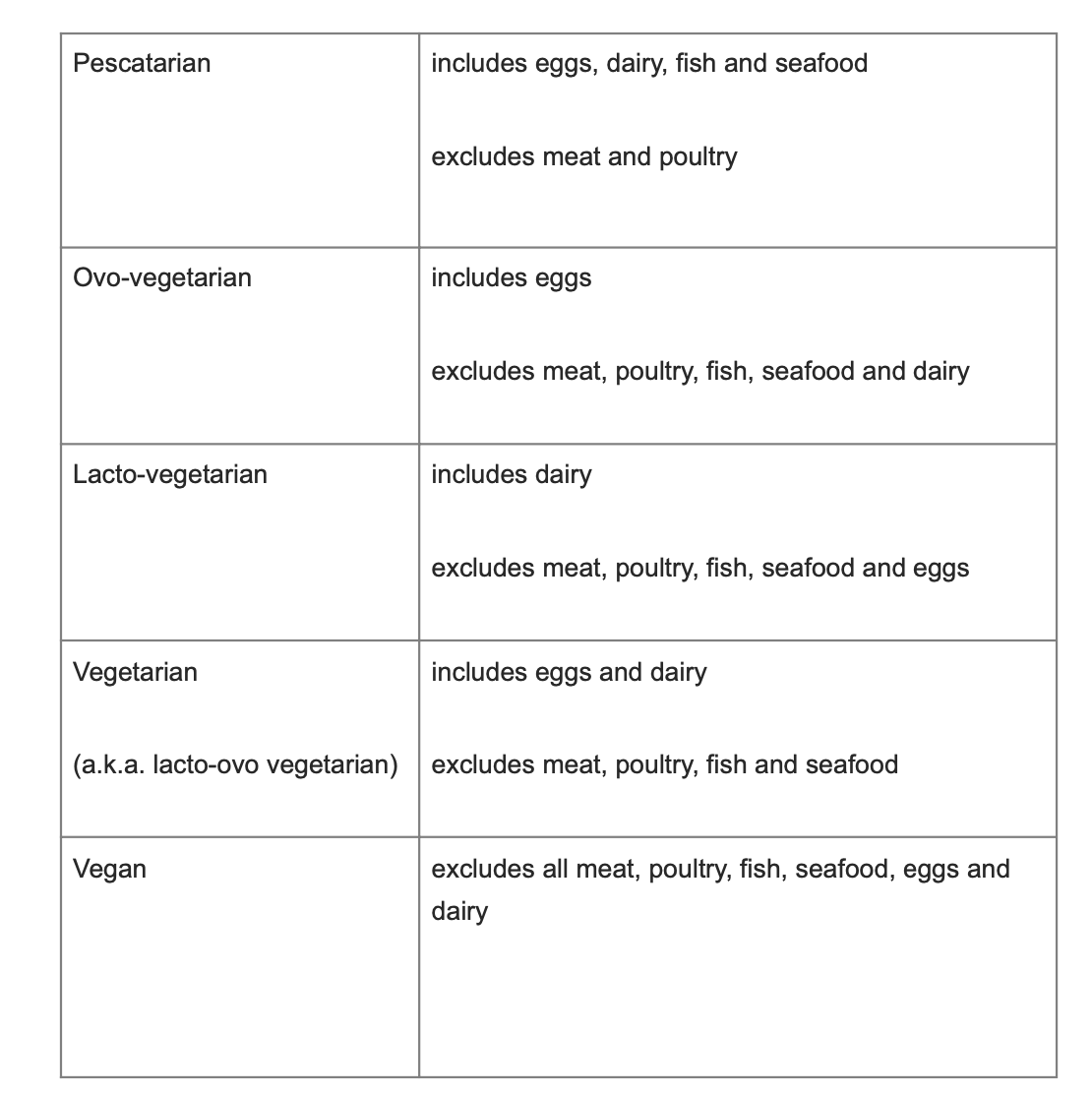Over the past 10 years there has been an upraising trend in consuming plant-based foods and shifting over to a more environmentally friendly diet. In today’s world more and more people are becoming aware of the hazards to nature caused by meat consumption and want to change their daily eating habits. However, most of the people who want to become as they say “vegans”, also come across with another term such as vegetarian, semi-vegetarian, flexitarian etc. In today’s blog we will be clearing all of the misunderstandings and myths by digging deeper into different types of plant-based diets, their benefits and finally try to answer the question of is there a better one out of all diet?
What is the difference between a vegan and vegetarian diet?
Some people eating a plant-based diet may choose not to eat meat and animal products for various reasons. A vegan diet excludes all meat and animal products (meat, poultry, fish, seafood, dairy and eggs), whereas a vegetarian diet excludes meat, poultry, fish and seafood. However, there are a few variations of a vegetarian diet that depend on whether you eat or exclude eggs, dairy and fish (see table below).

What are the benefits of a plant-based diet?
A diet centered on plenty of whole, minimally processed plant foods lowers your risk of heart disease and benefits your overall health. Vegetables, fruit, legumes, whole grains, nuts and seeds are low in saturated fat, contain heart-healthy fats and are an excellent source of fiber. They give our bodies vitamins, minerals, antioxidants and phytochemicals, which offer protection against disease. Research shows that vegan and vegetarian diets are associated with a lower risk of heart disease3. People that follow a vegan or vegetarian diet generally have lower blood pressure and Low Density Lipoprotein (LDL) cholesterol than non-vegetarians. Some studies have shown that well-planned vegan and vegetarian diets help people to control their blood sugar levels and may reduce inflammation in the body too. The key thing to note when looking at the evidence is that vegans and vegetarians tend to lead a healthier life overall, which explains some, but not all, of the lower risk seen in these groups. For example, people who follow a vegetarian diet may be more physically active and drink less alcohol.
How can I eat more plant-based foods?
A good place to start is to think about an approach that is realistic for you and your family. Consider taking small steps towards more plant-based foods once you enter the grocery store. Here you can check out the variety of plant based foods suitable for any plant based dieters offered by Green Pro International. We have been collaborating with companies such as” Daiya”, “Future Farm”, “Simply V” and tens of others for years in order to provide the highest quality and tasty vegan products at the convenience of your local store. You can read more about our products and where to find us at greenprointernational.com
Quick Recap
In this article we have discussed the differences between types of plant-based diets and the potential health benefits that come with consuming vegan foods. There is no single handed best type of plant based diet that suits everyone, so it is important to do your own research on types of diets and start your small steps into a greener future:) Do you want to know what a flexitarian diet is and how is it different from Vegan diet? Check out the article posted by reblchef.com and learn more about plant-based diet.